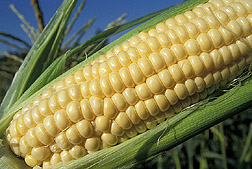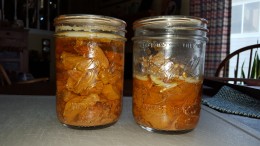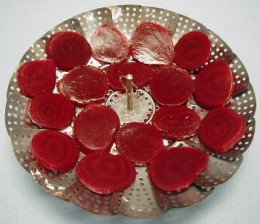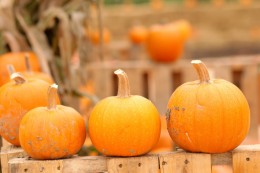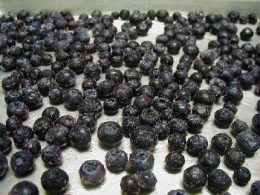 The following tips will help create successful jams and jellies from frozen fruit or juice:
The following tips will help create successful jams and jellies from frozen fruit or juice:
- The best frozen fruits for jams or jellies are blueberries, red and black currants, gooseberries and rhubarb.
- Before freezing fruit, measure the fruit and label the container. Many fruits collapse as they thaw and may create an inaccurate measure.
- Jams and jellies from frozen fruit and juice are better if no sugar is added before freezing.
- When freezing fruit for jelly or jams, use 1/4 under-ripe and 3/4 ripe fruit.
- Thaw frozen fruit in the refrigerator until only a few ice crystals remain. Follow directions for the type of jam you are making and follow the recommended proportions of fruit (measured before freezing), pectin and sugar.
When making jelly from frozen juice, thaw frozen juice in the refrigerator overnight. Measure juice and use it immediately in recommended proportions with sugar and pectin.
Source: www.extension.umn.edu/food/food-safety/preserving/fruits/create-jams-and-jellies-from-frozen-fruit/
